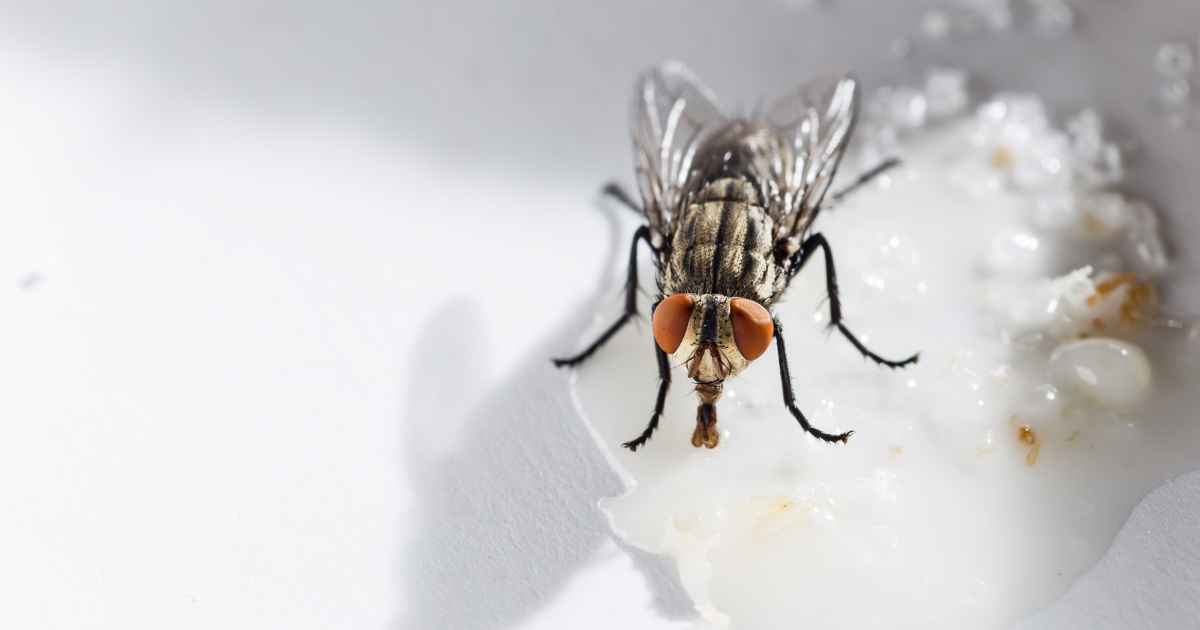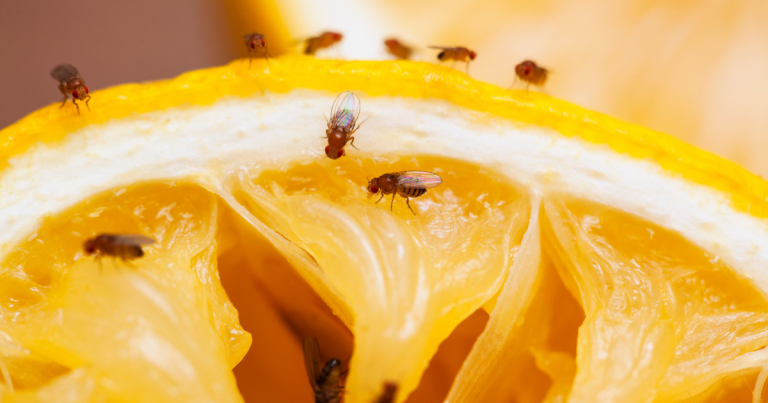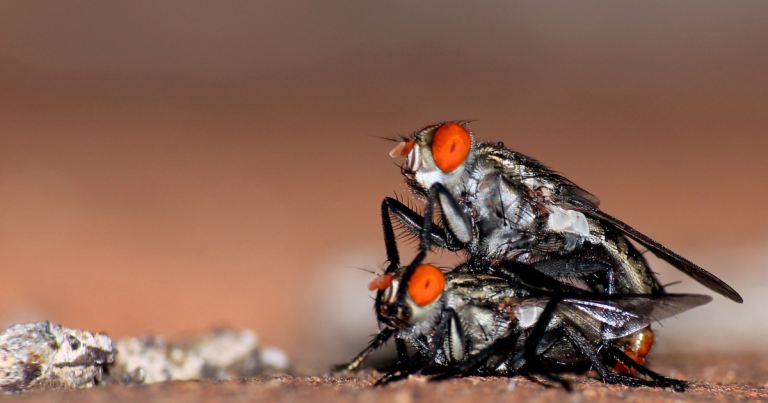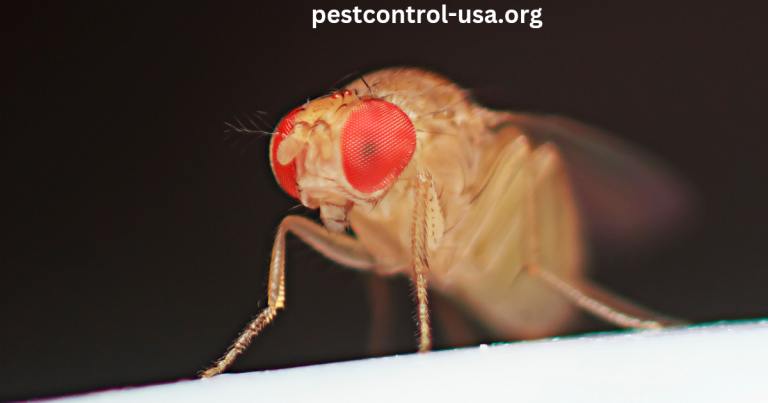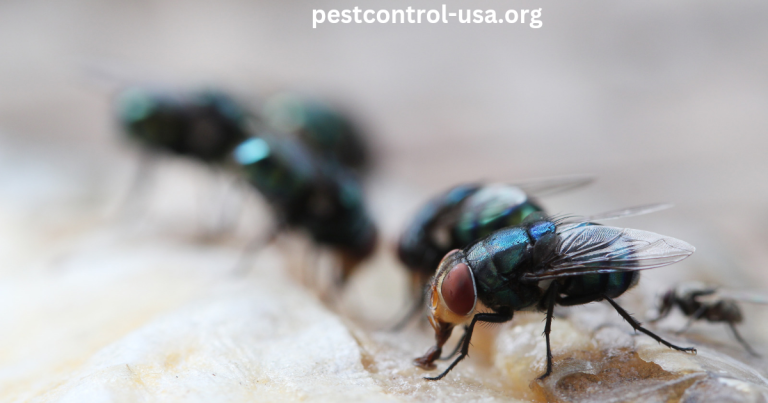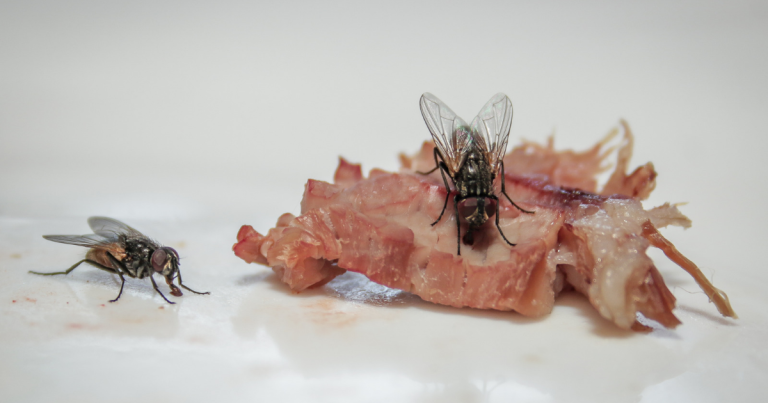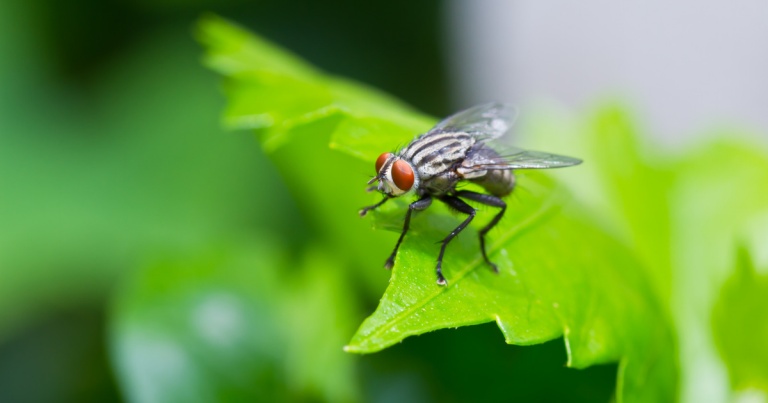It’s the time of year when warm weather beckons us outdoors, but sometimes our uninvited guests decide to come inside. If you’ve noticed an uptick in the fly population in your home, you’re probably wondering why and how to get rid of them.
Flies are attracted to food and garbage, so the first step in getting rid of them is to eliminate their food sources. Be sure to keep all food covered and stored properly, and take out the garbage regularly. In addition, keep an eye out for any cracks or open spaces where flies could be coming in from the outside. Seal up these entry points with caulk or another type of filler.
If you’re still seeing flies after taking these preventive measures, you can try using a trap. There are several types of traps available commercially, or you can make your own using a plastic bottle and some sweet bait like fruit juice or honey. Once the flies are trapped, be sure to dispose of them properly so they don’t escape and continue breeding.
No one likes having flies in their house, but luckily there are some simple steps you can take to get rid of them. Be sure to eliminate their food sources, seal up any entry points, and use a trap if necessary. With a little effort, you can enjoy your fly-free home all summer long!
How long do House flies live?
House flies are one of the most common insect pests in the United States. They are attracted to garbage, food, and other organic matter. female house flies can lay up to 500 eggs in their lifetime. House fly larvae, or maggots, feed on decaying organic matter. After about a week of development, they turn into adults. Some species of house fly can live for two weeks, but most only live for about 15 days.
House Fly Lifespan by Species
The lifespan of a house fly varies by species. The most common species in the US, the Musca domestica, has a lifespan of 15 days. However, there are some species that can live up to two weeks. The longest-lived species is the Hawk moth which can live up to 28 days.
Factors that Affect House Fly Lifespan
There are a few factors that can affect how long a house fly lives. One major factor is temperature. House flies are cold-blooded insects and their body temperature changes with the temperature of their environment. In general, the warmer it is, the faster their metabolism and life cycle will be. This means that they will mature faster and die younger in warm weather than in cold weather.
Another factor that affects lifespan is diet. If a house fly does not have access to food, they will not live as long as a fly that does have access to food. This is because they need nutrients to survive and reproduce. A house fly’s diet also affects its life cycle. For example, if a female house fly only has access to sugar water, she will not lay as many eggs as she would if she had access to garbage or other organic matter.
The final factor that affects lifespan is predators. If a house fly is eaten by a spider or another predator, it will obviously die sooner than if it were not eaten by a predator.
Conclusion
House flies are one of the most common insects in the United States with a typical lifespan of 15 days. However, there are some species of house fly that can live for up to two weeks given the right conditions like temperature and diet.. Predators also play a role in how long a house fly lives since they can eat the fly which would cause it to die sooner than if it were not eaten.. In general, though, most house flies die within two weeks after being born.

